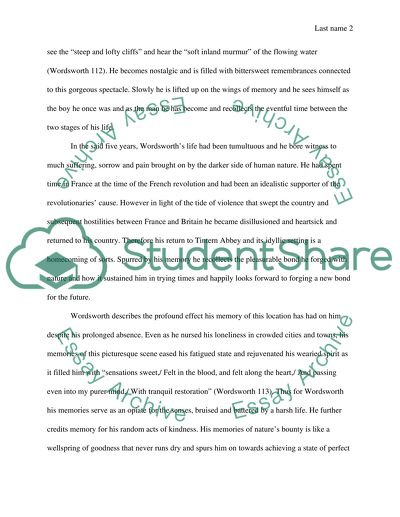Cite this document
(“Tintern Abbey Essay Example | Topics and Well Written Essays - 1250 words”, n.d.)
Tintern Abbey Essay Example | Topics and Well Written Essays - 1250 words. Retrieved from https://studentshare.org/miscellaneous/1532973-tintern-abbey
Tintern Abbey Essay Example | Topics and Well Written Essays - 1250 words. Retrieved from https://studentshare.org/miscellaneous/1532973-tintern-abbey
(Tintern Abbey Essay Example | Topics and Well Written Essays - 1250 Words)
Tintern Abbey Essay Example | Topics and Well Written Essays - 1250 Words. https://studentshare.org/miscellaneous/1532973-tintern-abbey.
Tintern Abbey Essay Example | Topics and Well Written Essays - 1250 Words. https://studentshare.org/miscellaneous/1532973-tintern-abbey.
“Tintern Abbey Essay Example | Topics and Well Written Essays - 1250 Words”, n.d. https://studentshare.org/miscellaneous/1532973-tintern-abbey.


